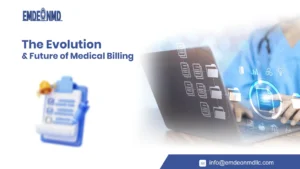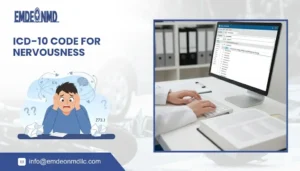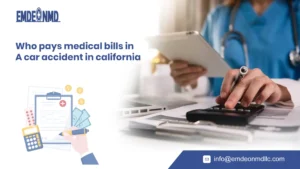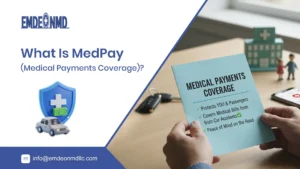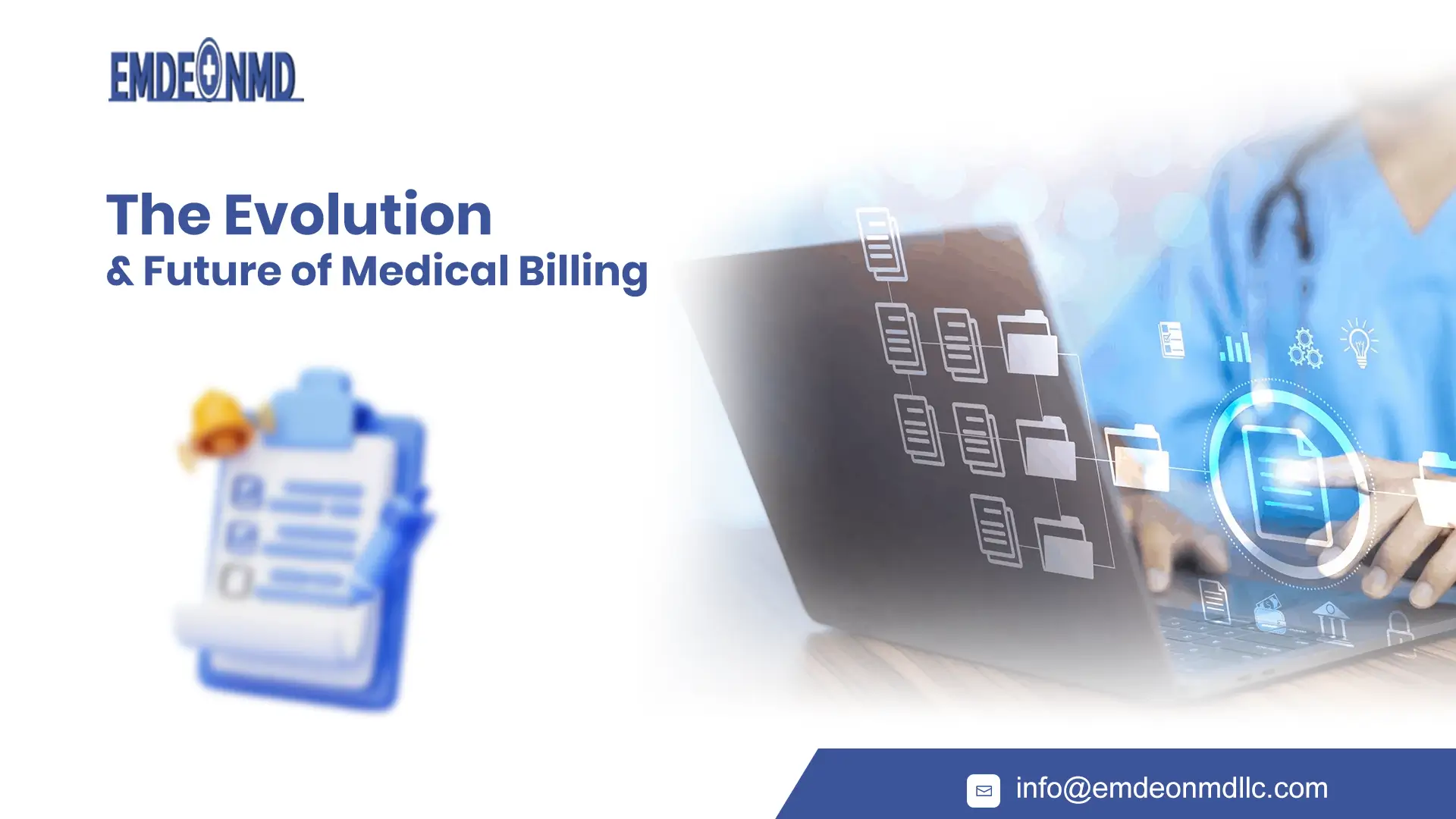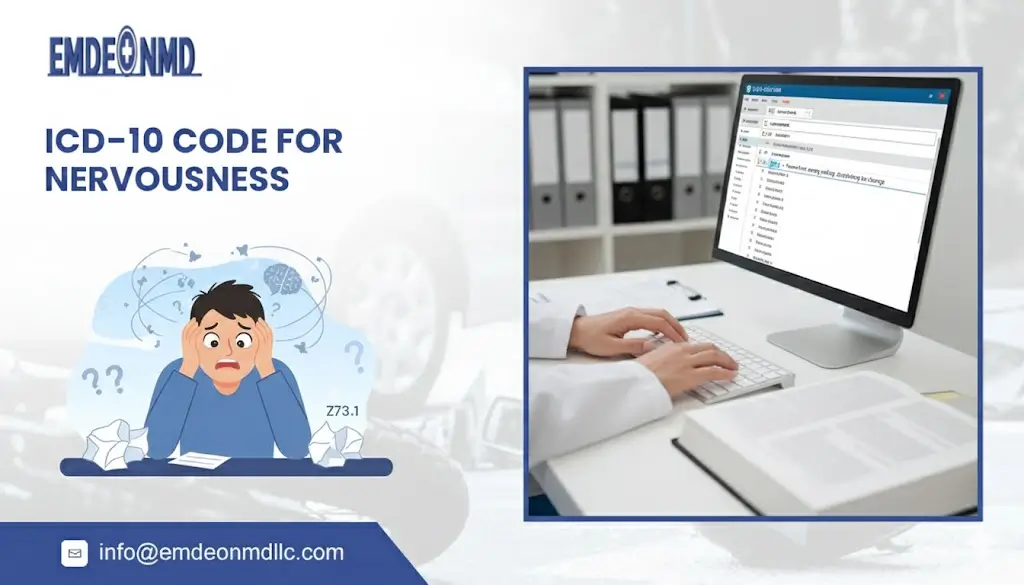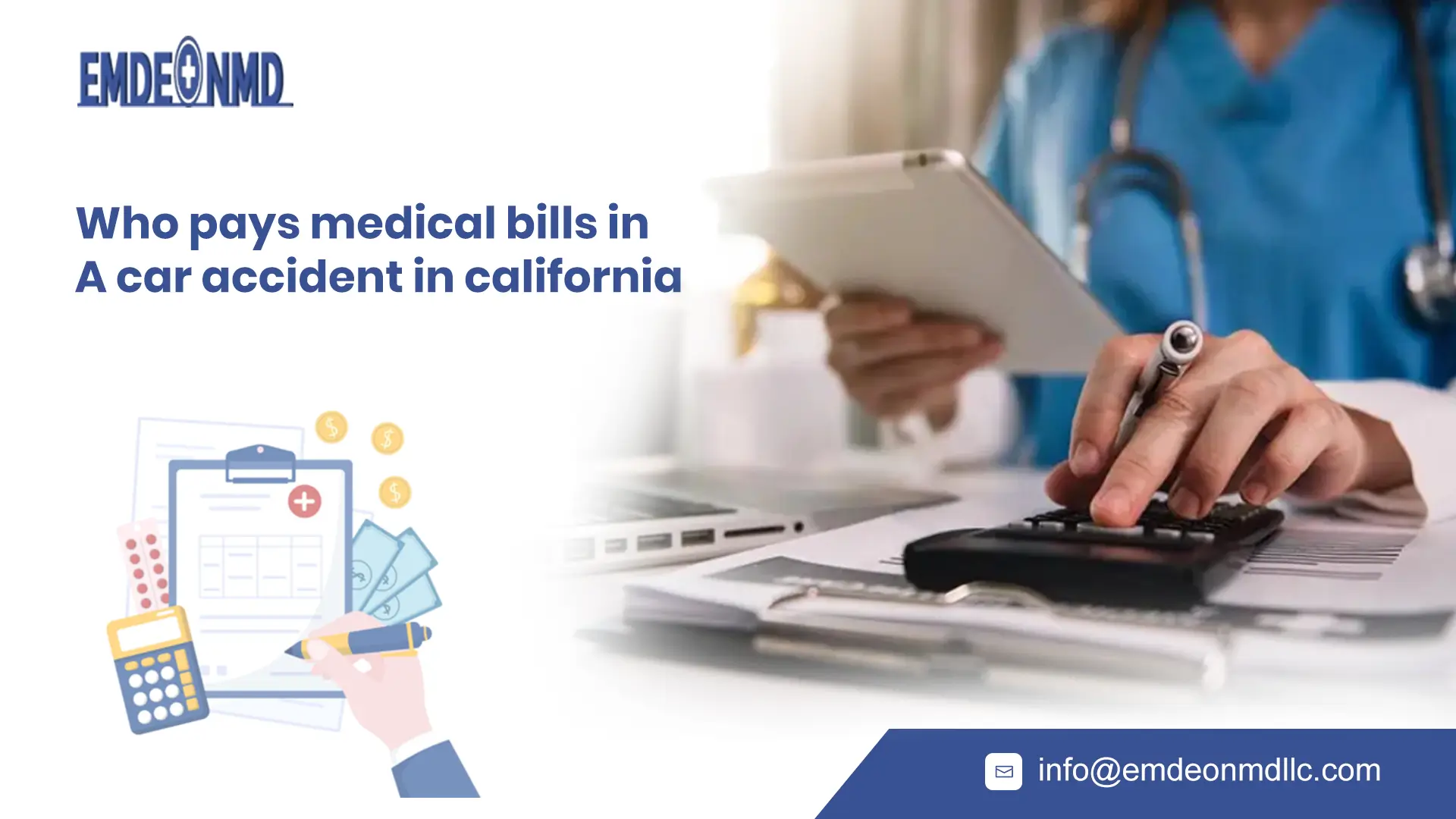Table of Contents
Due to advancements in science and technology serving the community in various fields, offering high-quality services, but it has a dark side too. Healthcare suffers from fraud and abuse by scammers worldwide, which is becoming a challenging and concerning issue nowadays, in which cyber crimes are the most relevant ones in the community.
According to reported data, criminal acts being reported cover a major portion of healthcare related frauds world wide, highlighting a cornering issue that requires international attention. Thai blog post provides latest details about types of healthcare frauds along with its means of directions covering legal assistance focusing on ensuring healthcare services fool proof with ensured safety and security.
Types of healthcare fraud
Healthcare fraud is the most prevalent type of fraud, along with others include various types of fraud that affect patient mental health, along with social distress and related problems in which criminal offences are being conducted, leading to major losses in terms of finances, property, or others. Some healthcare fraud or also known as healthcare fraud and abuse, medical billing fraud, and upcoding fraud, are common types of healthcare frauds.
Billing frauds
Medical billing fraud is one of the most prominent health care fraud affecting major chunk of population worldwide in which upcoding of claims are being done in which high medical bills are being claimed rather than original chagres.Billing fraud in healthcare covers duplication of claims, unbundling practices, wrong procedure or diagnosis codes.
Kick back & referral schemes.
Kickbacks refer to sending illegal payments to providers in case of patient referrals, medicinal products, or related services. While referral schemes are highly common among physicians in which patients are being referred to a specific facility group or physician to receive financial benefits in return, without focusing on medical condition and medical necessity of referral for treatment.
Document & identity theft
Document and identity theft is one of the main concerns for patients as healthcare facilities have all personal details of patients receiving treatment and medical services, making data suspect of criminal offenses by hackers. All these are some commonly encountered healthcare frauds.
Detection of healthcare fraud
Healthcare frauds need proper and efficient management through a systematic approach involving professional experts in dealing with these cases efficiently, These are dependent on certain contributing factors, in which timely and early ideation is one of the most critical and leading steps in handling healthcare frauds and related abuses. Here is an overview of the steps involved in the detection of healthcare fraud in which important ones include:
Advanced data analytics
AI and machine learning applications are revolutionising data analytics to the next level, providing extra protection. These modern tools help identify unusual billing patterns, outlier identification, along related suspicious flags.
Collaborative efforts
For efficient detection of government agencies, insurance companies, and healthcare organisations work cordially to ensure smooth and streamlined medical services without any abuse or criminal offence, leading to lessened patient trust and satisfaction regarding the offered medical services and treatment, ensuring enhanced patient experience through a coordinated system of professionals.
Real-time monitoring
Real-time monitoring is a plus point in early and timely determination of healthcare fraud, in which automated software helps maintain records in high security. Regular monitoring can help in timely action, avoiding major financial losses, leading to financial instability in healthcare systems, affecting the overall performance of the whole system.
Comprehensive audits
Regular auditing through automated software is transforming healthcare services premium level with a bare minimum risk of healthcare fraud and abuse due to increased protection. These help manage target audits of services, ensuring tracking of provider activities, with safe and secure patient recording and foolproof documentation.
Training & education
Regulatory authorities update their policies regularly, which can be incorporated and implemented by arranging training sessions for staff to make them aware of new updates and policies, along with new technological tools to avoid manipulation or inconsistencies in the operational services in medical billing and RCM of medical services.
Prevention of healthcare fraud
After timely and accurate detection of healthcare fraud and detection, the next step is to solve the issue, followed by the preventive approaches to ensure safe and secure operational services in the long run without having any risk of leakage of patient, provider details. The main step in managing health care fraud is HIPAA compliance to ensure the safety and security of patient information.HIPAA compliance solutions assure proper handling of data with minimal risk of misuse of data, facilitated by tools and software that restrict unauthorized persons from breaching confidential data for criminal offenses, protecting against fraudulent practices.
Three primary laws to control healthcare fraud & abuse
Legal laws are responsible for ensuring discipline in the community, in which healthcare laws are specific to healthcare fraud and related criminal offenses, in which the three most important laws for managing and handling fraud in the best possible ways include:
- The False Claims Act ( FCA) is concerned with providing known claims that are false or fraudulent, in which upcoding and non-rendered billing services are the most common ones.
- The Anti-Kickback Statute(AKS) is responsible for managing federal healthcare issues related to referral and related services.
- Stark’s law (physician self-referral law) prohibits referral to entities owned or having financial relationships without disclosing the status of that entity.
Final thoughts
Healthcare fraud and abuse need proper attention. Healthcare professionals, insurance companies, and billing companies are equally responsible for ensuring the security of medical and healthcare data. The above-listed prevention methods must be implemented in every facility with strict compliance to avoid major consequences.
EmdeonMD premium outsourced services
Opt EmdeonMD premium billing and RCM services, serving clients best services with proven results, facilities by free professional consultation for clients at their comfort, aimed to showcase expertise in billing of diverse medical specialties. Still not sure why to choose us? Our official website has a clear image of our services with expert opinions. Opt EmdeonMD for optimising your services.
Frequently asked questions (FAQs)
1. What is the most common type of healthcare fraud?
The most common type is medical billing fraud, particularly upcoding, where higher-cost procedures are billed instead of the actual services provided.
2. How can healthcare providers detect fraud early?
Advanced data analytics, real-time monitoring, and regular audits help detect unusual billing patterns or unauthorized access, enabling early fraud identification.
3. What is HIPAA compliance, and why is it important?
HIPAA compliance ensures confidentiality and security of patient information. It prevents unauthorized access and helps reduce the risk of identity theft and data breaches.
4. What are the legal consequences of healthcare fraud?
Legal actions under the False Claims Act, Anti-Kickback Statute, and Stark Law can lead to fines, penalties, or criminal charges, depending on the severity of the fraud.



